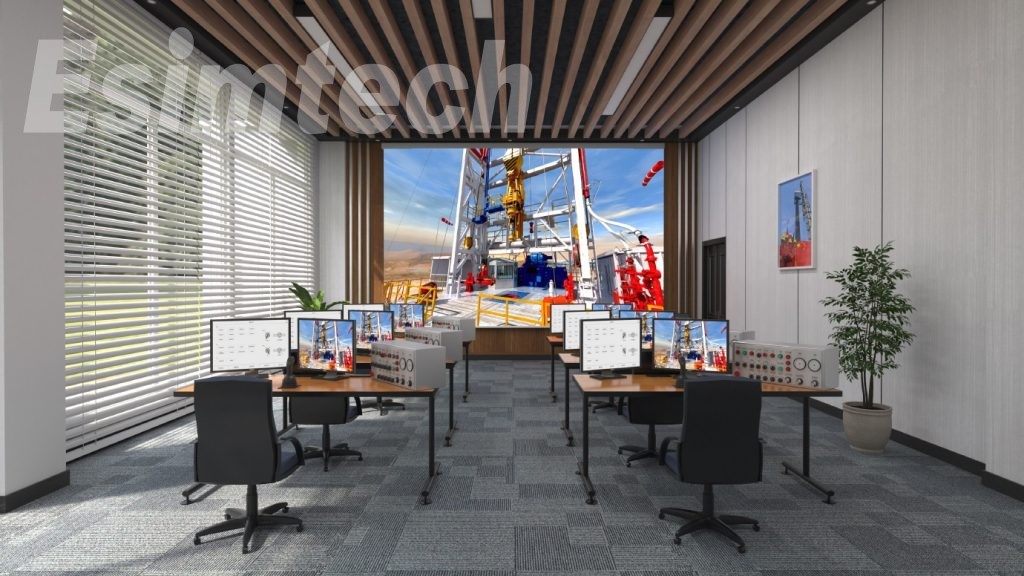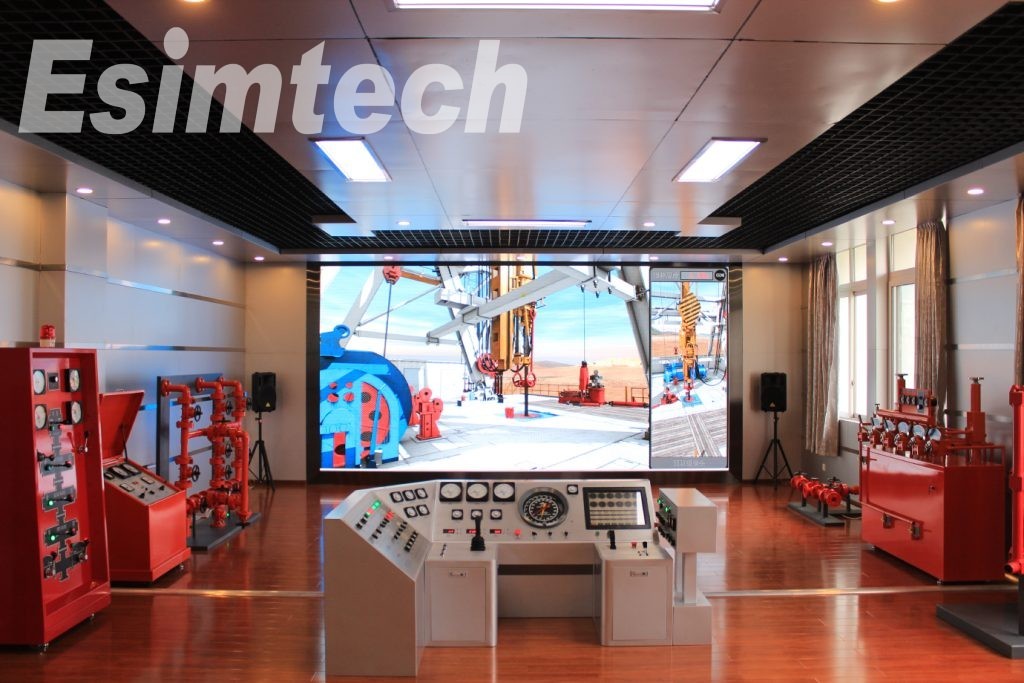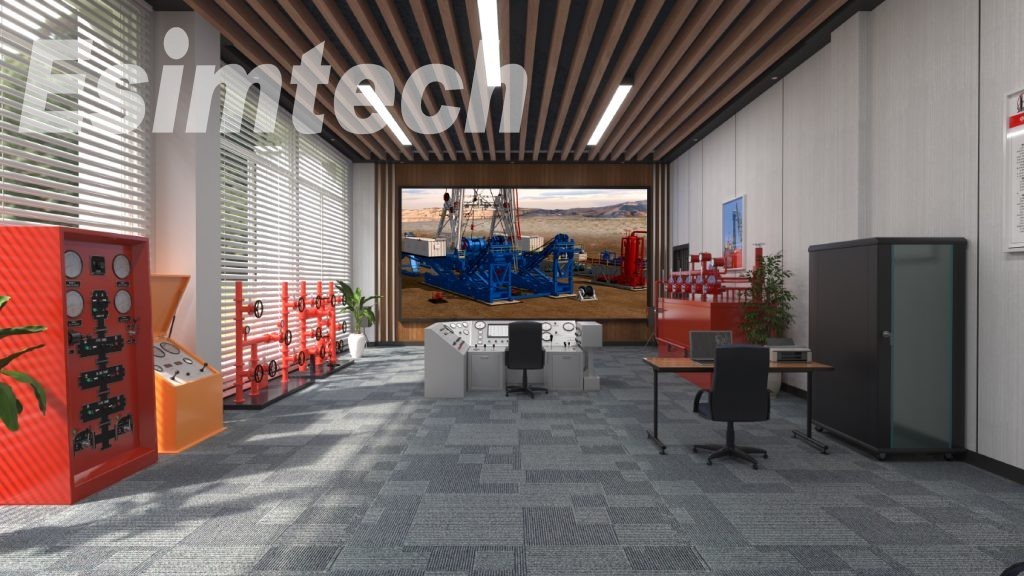The Importance of Drilling and Well Control Safety
During the drilling process, there will be difficulties with high formation pressure coefficient, shallow gas layers, high-pressure layers, and some formations containing hydrogen sulfide, which makes the drilling work dangerous. In order to ensure the smooth progress of drilling work, it is very important to do well control safety work. Well control safety technology directly affects the development of oilfield companies. If the well control safety technology cannot be guaranteed, it will seriously affect the safety of life and property.
Application of Well Control Safety Technology in Drilling
In drilling work, due to the influence of exploration well depth, long period, complex formation, high formation pressure, and high hydrogen sulfide content, well control safety technology may encounter many difficulties in the drilling process.
First, when drilling in high-sulfur areas, the combination of hydrogen sulfide and well control issues presents a significant safety risk in well control technology. This particular operating environment brings difficulties to materials or tools such as wellhead equipment, casing, and tubing when conducting exploration operations in high-sulfur areas. In the event of a blowout or leakage, it is very easy to cause serious poisoning of hydrogen sulfide.
Second, there is the difficulty of degassing in well control safety technology. When drilling ultra-high pressure oil and gas wells, it is generally necessary to increase the drilling concentration to balance the formation pressure so that the drilling fluid system can develop stably. Degassing in high density and high viscosity drilling fluids is difficult.
Third, the pressure bearing capacity of drilling equipment is limited.
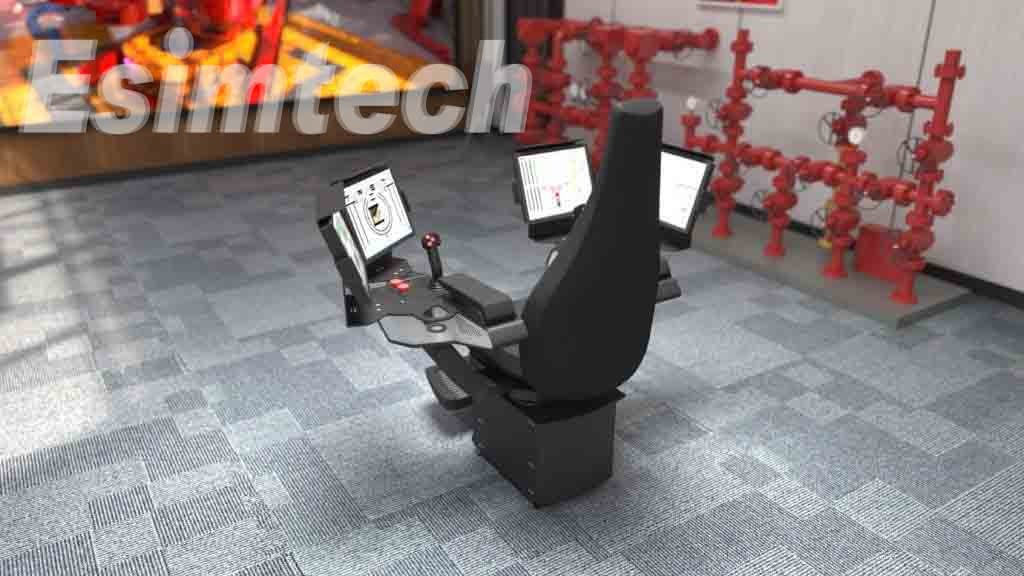
Importance of Drilling and Well Control Safety
Drilling and well control safety is critical to ensure the safe and efficient extraction of oil and gas from the ground. The importance of drilling and well control safety cannot be overstated, as accidents in these operations can have devastating consequences, both for the environment and for human life.
Some key reasons why drilling and well control safety is so important include:
- Protection of human life: Drilling and well control accidents can result in serious injury or death for workers involved in the operations. Ensuring that safety protocols are in place and followed can help prevent these accidents and keep workers safe.
- Protection of the environment: Drilling and well control accidents can have severe environmental impacts, such as oil spills, groundwater contamination, and other forms of pollution. Protecting the environment is crucial to maintaining the long-term sustainability of the industry and minimizing its impact on the planet.
- Protection of equipment and infrastructure: Drilling and well control accidents can also damage equipment and infrastructure, leading to costly repairs and downtime. Ensuring that safety protocols are in place can help prevent these accidents and minimize the risk of equipment and infrastructure damage.
- Compliance with regulations: Compliance with regulatory requirements is critical for drilling and well control safety. Failure to comply with these requirements can result in fines, legal action, and reputational damage.
Drilling and well control safety is essential to protect human life, the environment, equipment, and infrastructure. By following safety protocols and continuously improving safety practices, the oil and gas industry can maintain safe and sustainable operations.
What Factors Affect Drilling and Well Control Safety?
Drilling and well control safety can be affected by a variety of factors, including technical, operational, environmental, and human factors. Here are some potential subtopics and ideas to consider when exploring the factors that affect drilling and well control safety:
- Equipment failure: Equipment failure is a common cause of accidents in drilling and well control operations. This can include problems with the blowout preventer (BOP), drilling rig, or other critical equipment.
- Human error: Human error can occur at any stage of the drilling and well control process, from design and planning to operation and maintenance. This can include mistakes in judgment, communication breakdowns, and improper training.
- Weather conditions: Extreme weather conditions, such as high winds, heavy rain, or extreme heat, can impact drilling and well control operations. These conditions can make it difficult to maintain control of the well or to safely operate equipment.
- Geological conditions: Geological conditions, such as unstable formations or unexpected underground pressure, can also impact drilling and well control operations. These conditions can make it difficult to maintain control of the well or to safely operate equipment.
- Regulatory compliance: Compliance with regulatory requirements is critical for drilling and well control safety. Failure to comply with these requirements can result in fines, legal action, and even accidents.
- Communication: Effective communication between workers, supervisors, and management is essential for maintaining drilling and well control safety. Clear communication can help ensure that everyone is aware of potential hazards and knows how to respond in the event of an emergency.
Maintaining drilling and well control safety requires a combination of equipment maintenance, proper training and procedures, effective communication, and ongoing risk management
Ways To Strengthen Well Control Safety Technology
There are several ways in which well control safety technology can be strengthened to improve safety and prevent accidents. Some of these include:
1 – Strictly standardize the design of well control safety technology
Drilling and well control safety technology should be designed in strict accordance with the standards so that the drilling and well control safety technology develops in the direction of standardization and management. In installing equipment, we must adhere to the principles of high standards and strict requirements to eliminate potential safety hazards in the installation of equipment, which is in line with the design of drilling and well control safety technology.
2 – Improve the professional quality of well control personnel
In drilling work, well control safety work is the most basic work. Because employees’ well control safety knowledge is essential, educating and training employees’ safety well control knowledge is a major event in well control work. The company should formulate a practical training plan so as to improve the safety awareness of well control personnel. It is necessary to strengthen emergency drills, and through actual combat drills, employees’ awareness of drilling and well control can be greatly improved.
3 – To strengthen the special inspection of drilling and well control
In daily life, to constantly check the drilling equipment, it is also necessary to carry out special inspections of the drilling and well control equipment. For problems found in the inspection, the company shall arrange technical personnel to deal with the problems in a timely manner.
4 – Improve and perfect well control safety technology
- Improve the dynamic control capability of well control equipment
In order to ensure the safety of well control technology, firstly, it is necessary to continuously improve the structure of the choke valve, improve the strength, precise control ability, and anti-erosion ability of the choke valve so that the choke pressure can be easily adjusted, thereby improving the downstream of the choke valve’s impact resistance. Second, to develop a new multi-stage throttling system.
- Carry out research on well control technology to solve hidden dangers in well control equipment
- Carry out sulfur prevention work and do an excellent job in the protection of hydrogen sulfide
In view of the sulfur content in different regions, each inspection area shall take corresponding measures in terms of sulfur-resistant equipment and technology to ensure the safety of well control technology.
When conducting exploration in high-sulfur areas, artificial ignition should be avoided, and an all-weather remote control ignition device should be installed. In areas with high sulfur content, formulate standards for hydrogen sulfide protection and monitoring equipment.
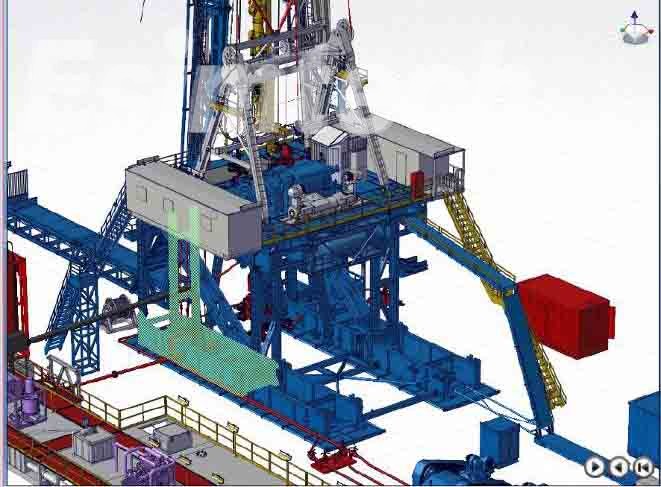
Conclusion
In the drilling and well control safety work, we can use the drilling and well control simulator to conduct simulation training among the staff in advance to strengthen the safety control. We offer portable drilling well control simulation, cyberchair drilling simulator, top drive simulator, drilling simulation training system, land rig installation simulator, etc. It can highly simulate the real on-site equipment, panel layouts, operation methods, etc. It can produce visual effects similar to the scene, coupled with realistic sound effects of live equipment, giving people a sense of immersion and realism. Various simulation systems can provide various training operations such as drilling, well control, equipment fault detection, and handling of drilling accidents and complex situations.

